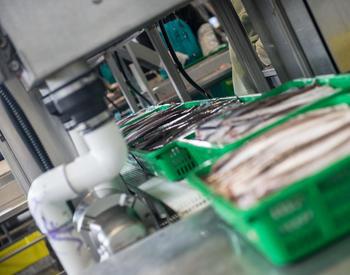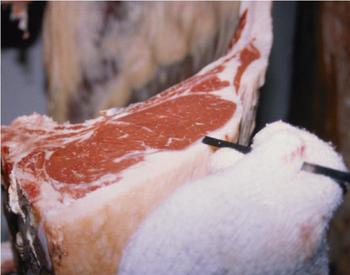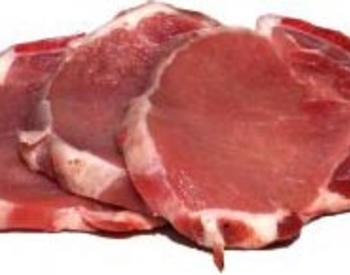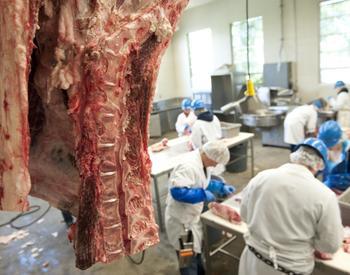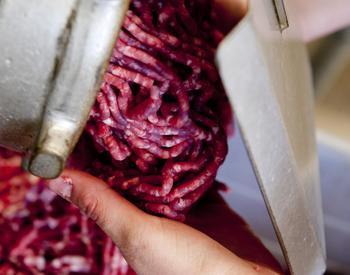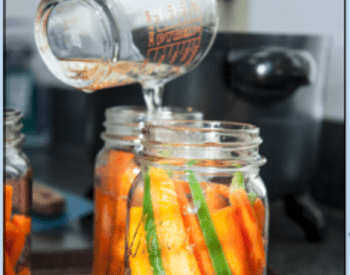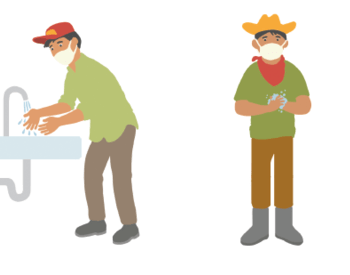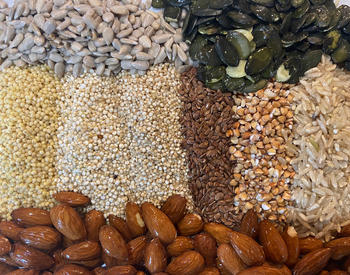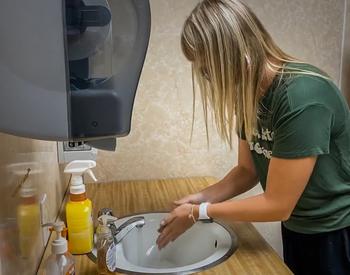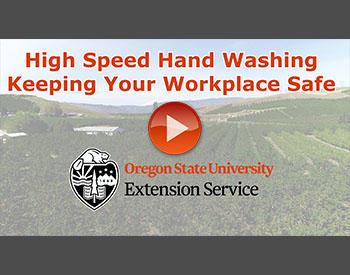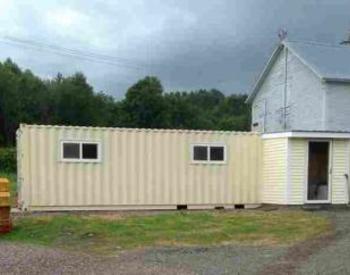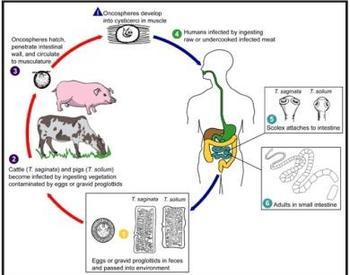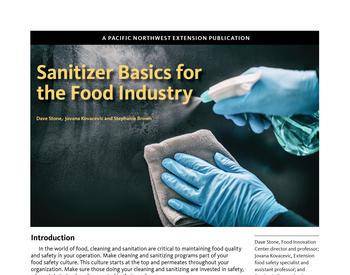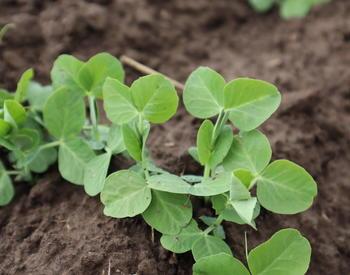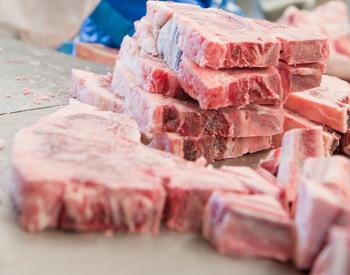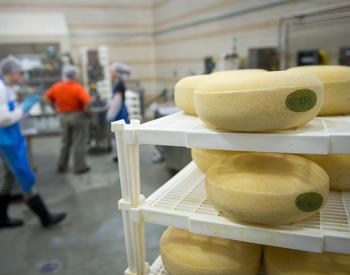The Niche Meat Processor Assistance Network (NMPAN) has developed a new set of short fact sheets on the basics of meat processing, available for download from the NMPAN website.
Meat processing is an essential link in local meat supply chains, but it’s a complicated business. If you’re a livestock producer -- or work with producers -- and have questions or concerns about processing, you’ll benefit from NMPAN’s “Beginner’s Guide to Local Meat Processing.” And if you’re a processor already, you can use the fact sheets to educate others about your business.
“We designed our new ‘Crash Course’ to answer basic questions we get all the time,” Lauren Gwin, NMPAN Director, explains. “From the day we launched NMPAN in 2007, we have helped not just processors and producers but a wide range of organizations and agencies -- food system non-profits, cooperative extension agents, local government, economic development agencies -- understand the ins and outs of meat processing. Our new fact sheets pull that info together in a concise, easy to digest way.”
The four short and easy-to-read fact sheets — free to download — cover these topics:
- What is Local Meat Processing?
- What are the Rules?
- Small Plant Economics
- New Plant Checklist
NMPAN is a national network of people and organizations creating and supporting appropriate-scale meat processing infrastructure for niche meat markets. It is comprised of meat processors, butchers, farmers and ranchers, distributors, government agencies, extension personnel, nonprofits, and others working to support and strengthen this sector. NMPAN offers webinars, technical reports, an active listserv, peer-to-peer learning, and research on best practices, models, and opportunities.
